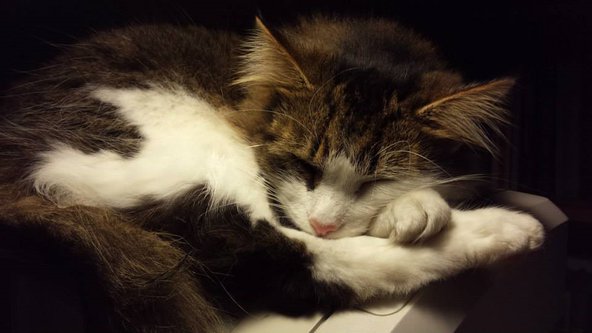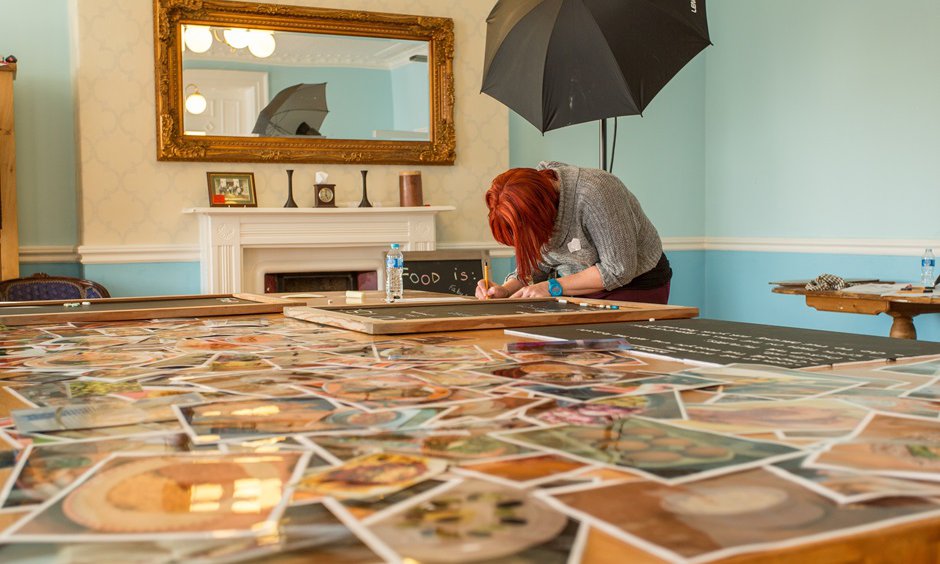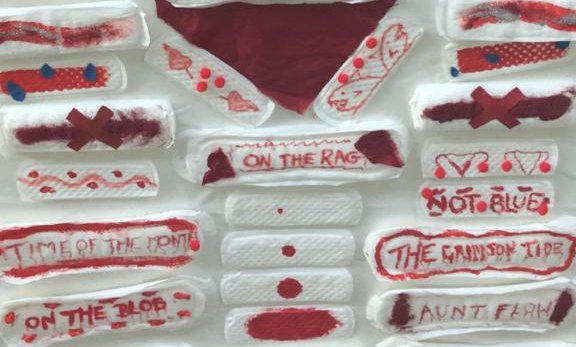The British Academy-funded project using images to soothe the mind
6 Sep 2017
Across the UK, mental health disorders are on the rise. Evidence from the charity Mind suggests that approximately one in four people in the UK will experience poor mental health each year, and that one in six people in England report a common mental health problem – such as depression or anxiety – in any given week.
With that in mind, there is a need to examine our attitudes towards – and support for – mental health problems.
At the University of Edinburgh, clinical psychologist Dr Stella Chan and her colleagues are attempting to do just that.
With funding from a British Academy/Leverhulme Small Research Grant, Dr Chan is leading an exciting project, named Project Soothe, that could have huge implications for the way we treat mental health problems. The team also includes Prof Matthias Schwannauer, Dr Fiona Ashworth and Angela McLaughlin.
Described by Dr Chan as “a hybrid project between research and public engagement”, Project Soothe seeks to collect a bank of soothing images for use in psychotherapy. It is unique in that it adopts innovative "citizen scientist" methodology, inviting the public to submit images that they find relaxing.

Fundamentally, says Dr Chan, the project is about developing new ways of supporting those with long-standing mental health problems, and getting away from the stigmatised attitudes we have towards mental health as a society.
“Traditional research has been very much based on a ‘disease model’, implying that there is something wrong with individuals who suffer from mental health problems. But as a society it is important that we recognise mental health problems are very common. We should strive to recognise people’s strength and resilience, as much as their vulnerability.
“And from a clinical perspective, we need to find new and un-stigmatised ways to help people cope with everyday stress. We need to give people more choices. Project Soothe seeks to provide people with such resources.”
To date, Dr Chan and her colleagues have collected more than 600 photographs, with landscapes, water features, trees and flowers, animals and the sky emerging as popular themes.
The team’s evaluation studies suggest that the project is already having an impact.
“In our recent studies, we found that people experience an increase in positive mood and decrease in negative mood after viewing just 25 soothing photographs. We’ve also found that looking at our images generates more mood benefits than simply asking people to create mental imagery in their minds,” says Dr Chan.
“While these results are only preliminary, they provide the much-needed proof-of-concept data to support further research. The ultimate goal is to develop these resources both for clinicians to use in psychotherapy and for everyone to use as coping strategies in everyday life.
“People have written to me and told me that they browse our online gallery to help them unwind and relax,” says Dr Chan. “Some even play music while viewing the photographs to create an extra soothing experience.”
The project is also making waves outside of Edinburgh, as more research teams across the country seek to explore the potential of soothing images.
“In addition, two clinical teams – a brain injury rehabilitation service in Ely and a cancer clinic in Derby – are working in partnership with us and are planning to evaluate the benefits of our soothing images on their patients.”
Dr Chan applied to the British Academy/Leverhulme Small Research Grant scheme in 2016 after hearing about a colleague from another university who benefited from the scheme.
The BA/Leverhulme Small Research Grants support primary research in the humanities and social sciences. These awards, up to £10,000 in value and tenable for up to 24 months, are provided to cover the cost of the expenses arising from a defined research project.
Dr Chan says the funding has been “instrumental” in allowing the project to proceed.
“We had internal funding from the University to launch the study in 2015. When it ran out, we had collected many photographs but didn't have resources to evaluate their effects. With the British Academy grant, we were able to implement the evaluation phase of the project.
“The support of the British Academy has also allowed us to hold an exciting exhibition with the Royal Botanic Garden Edinburgh and commission a poem by Ron Butler [a renowned Scottish Poet]. We’ve also been able to maintain a strong presence in the media – our Twitter handle has nearly 1,000 followers.
“None of this would have been possible were it not for the generous support of the British Academy and Leverhulme Trust. We are truly grateful.”
The British Academy’s most popular scheme in terms of applications, British Academy/Leverhulme Small Research Grants support research in the humanities and social sciences through awards of up to £10,000. Read more about our funding schemes here.


